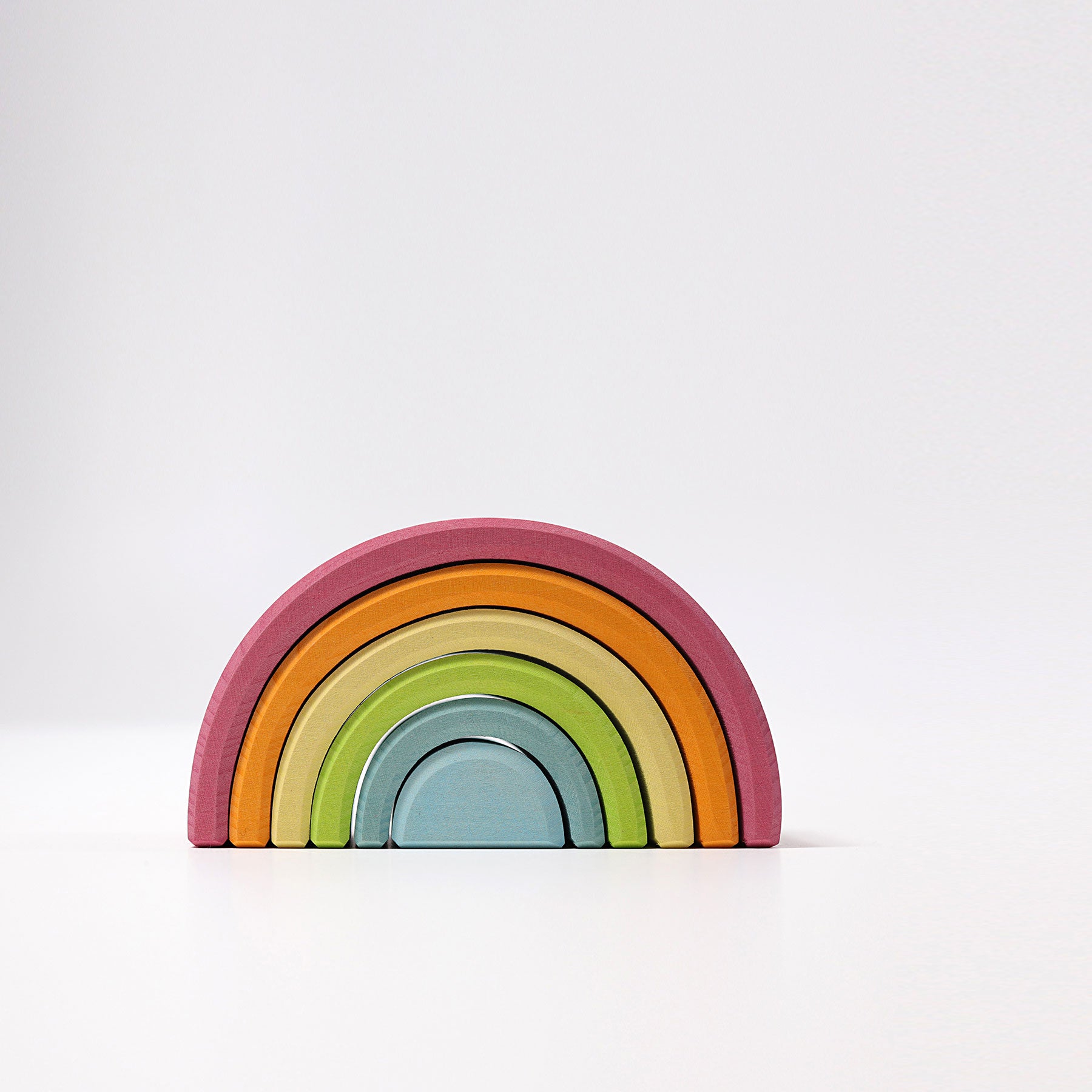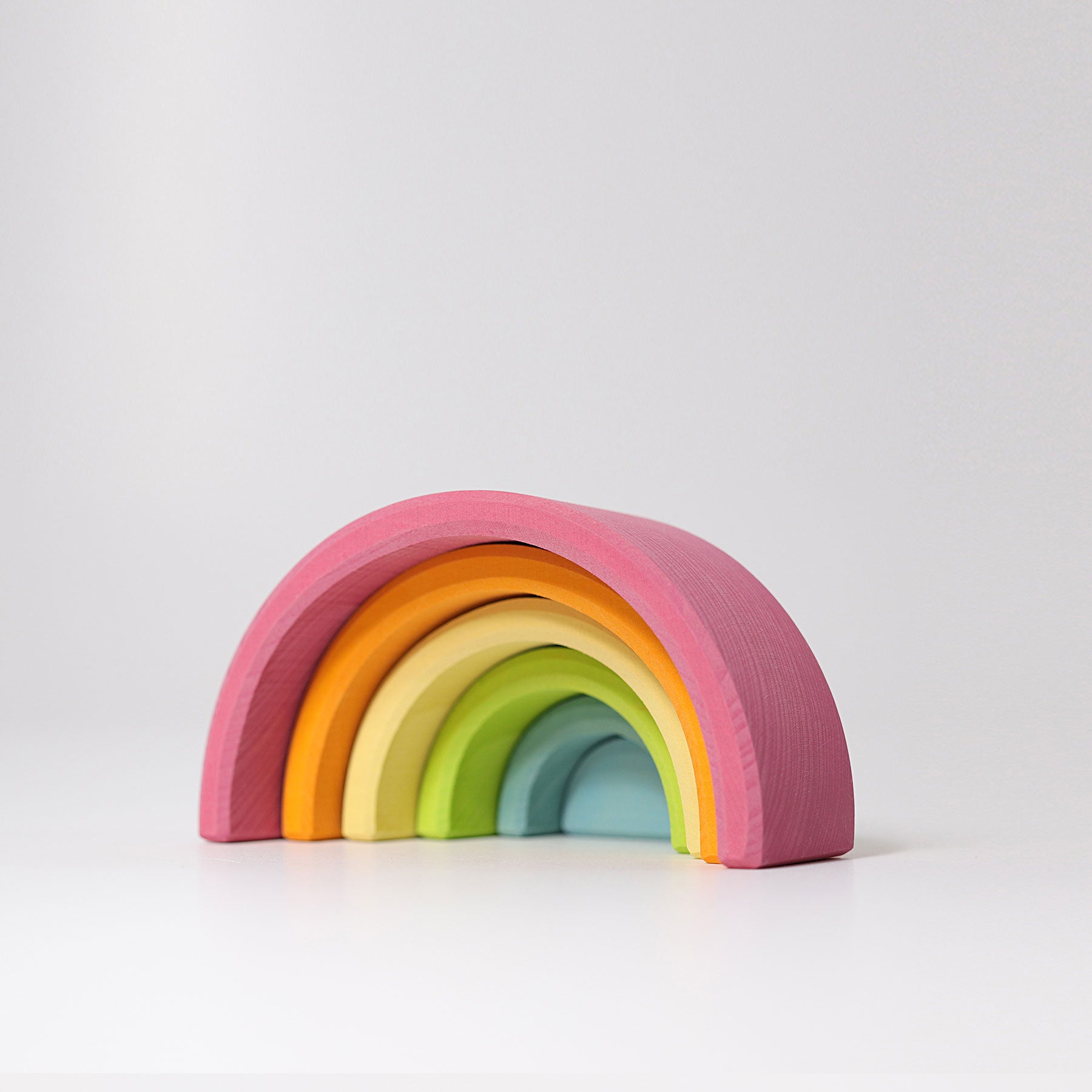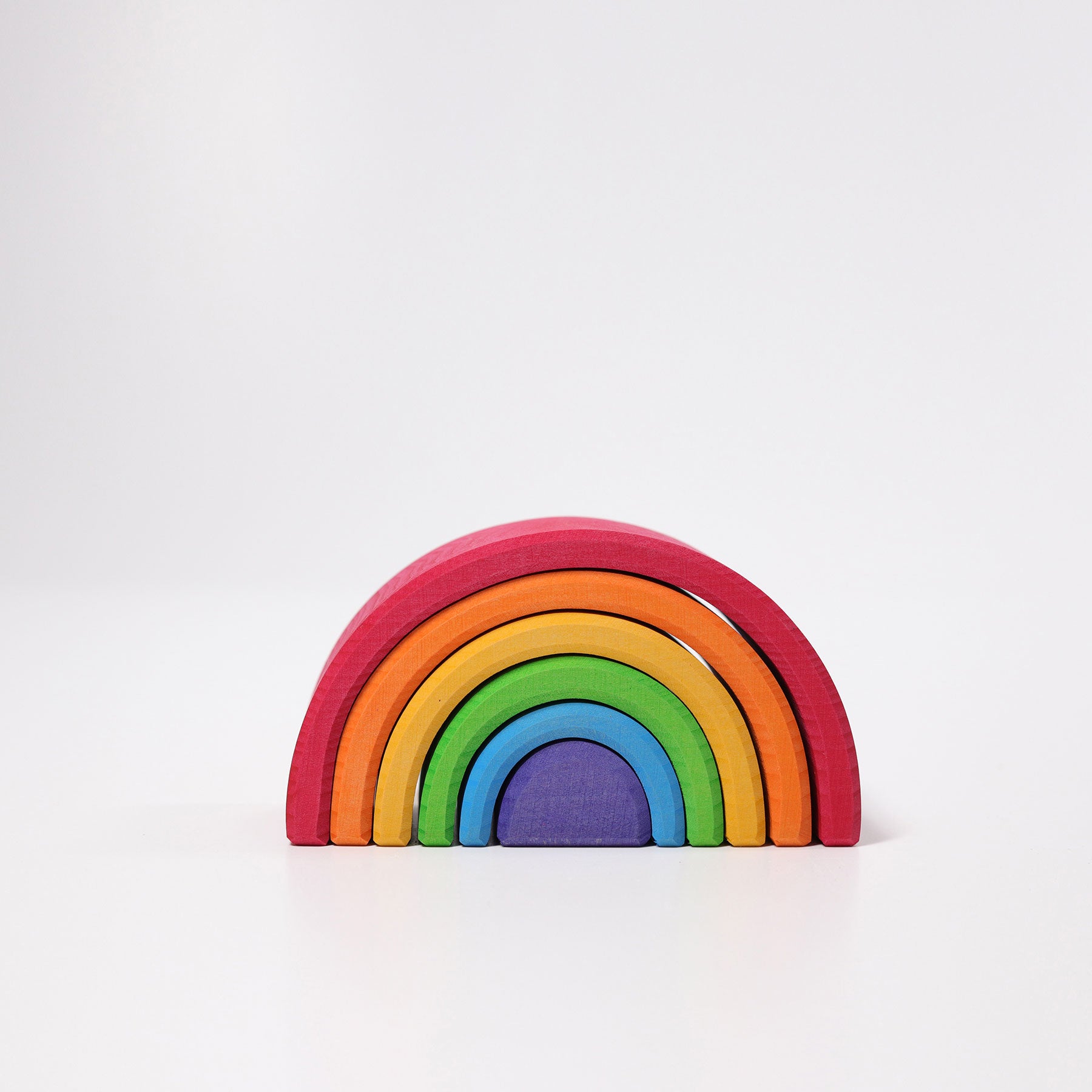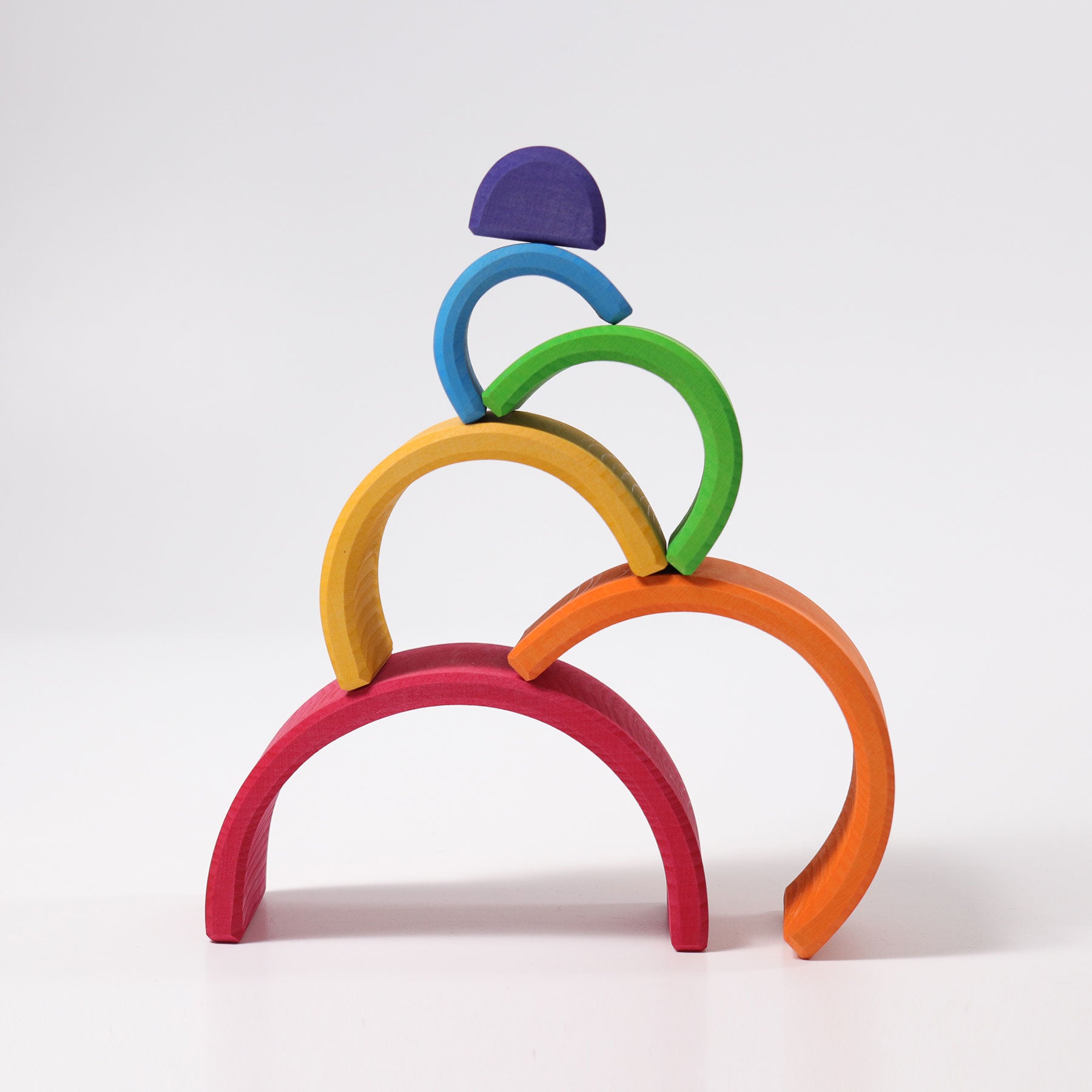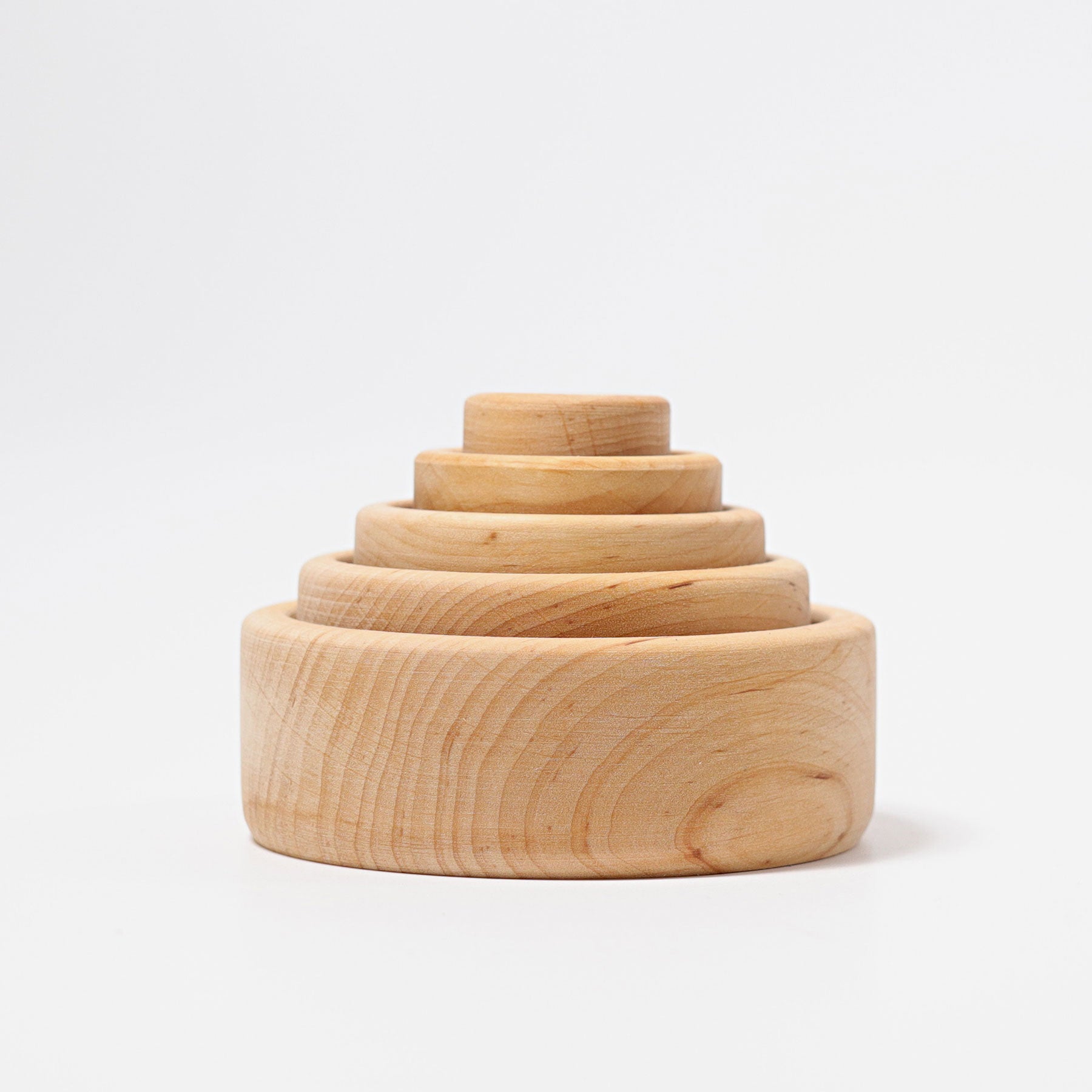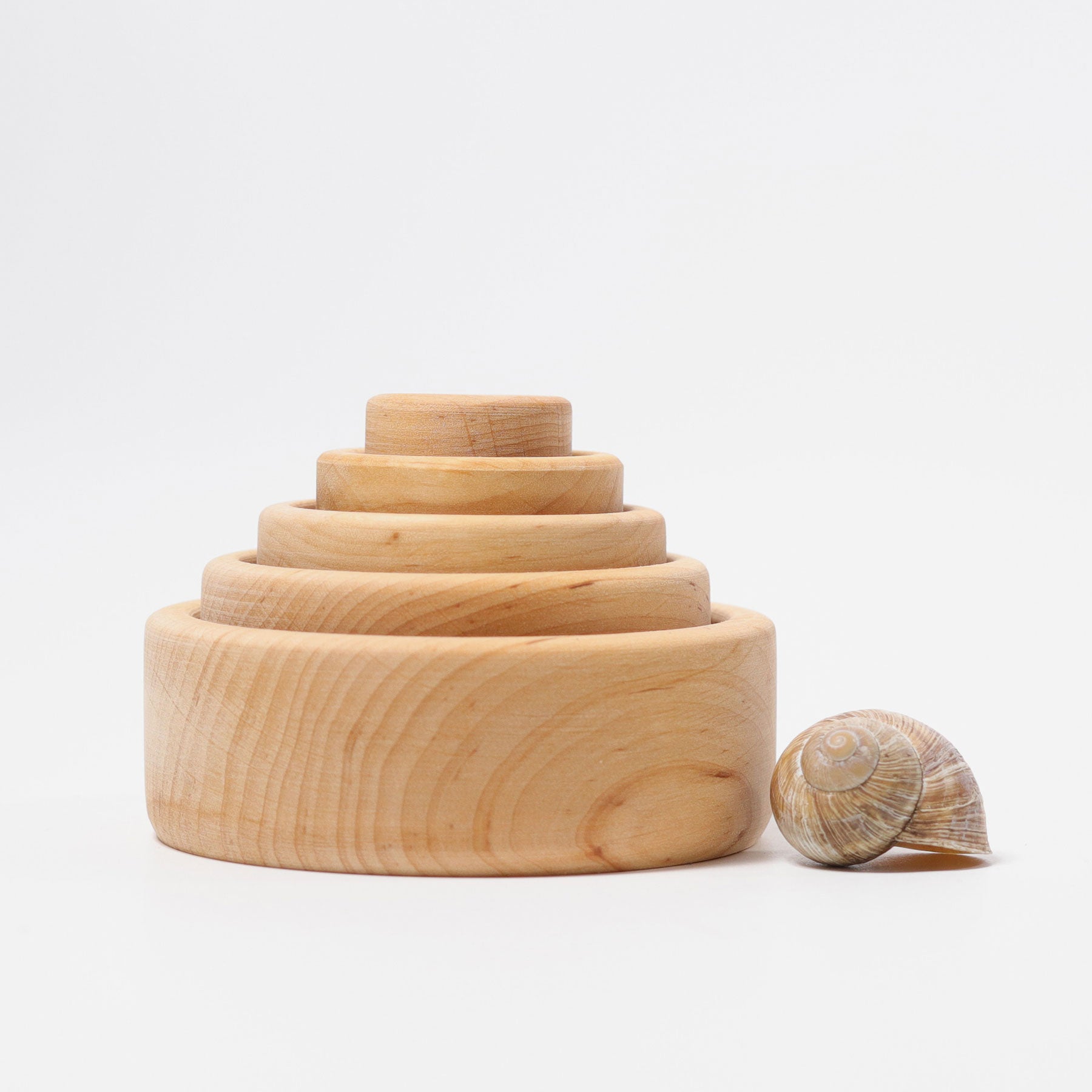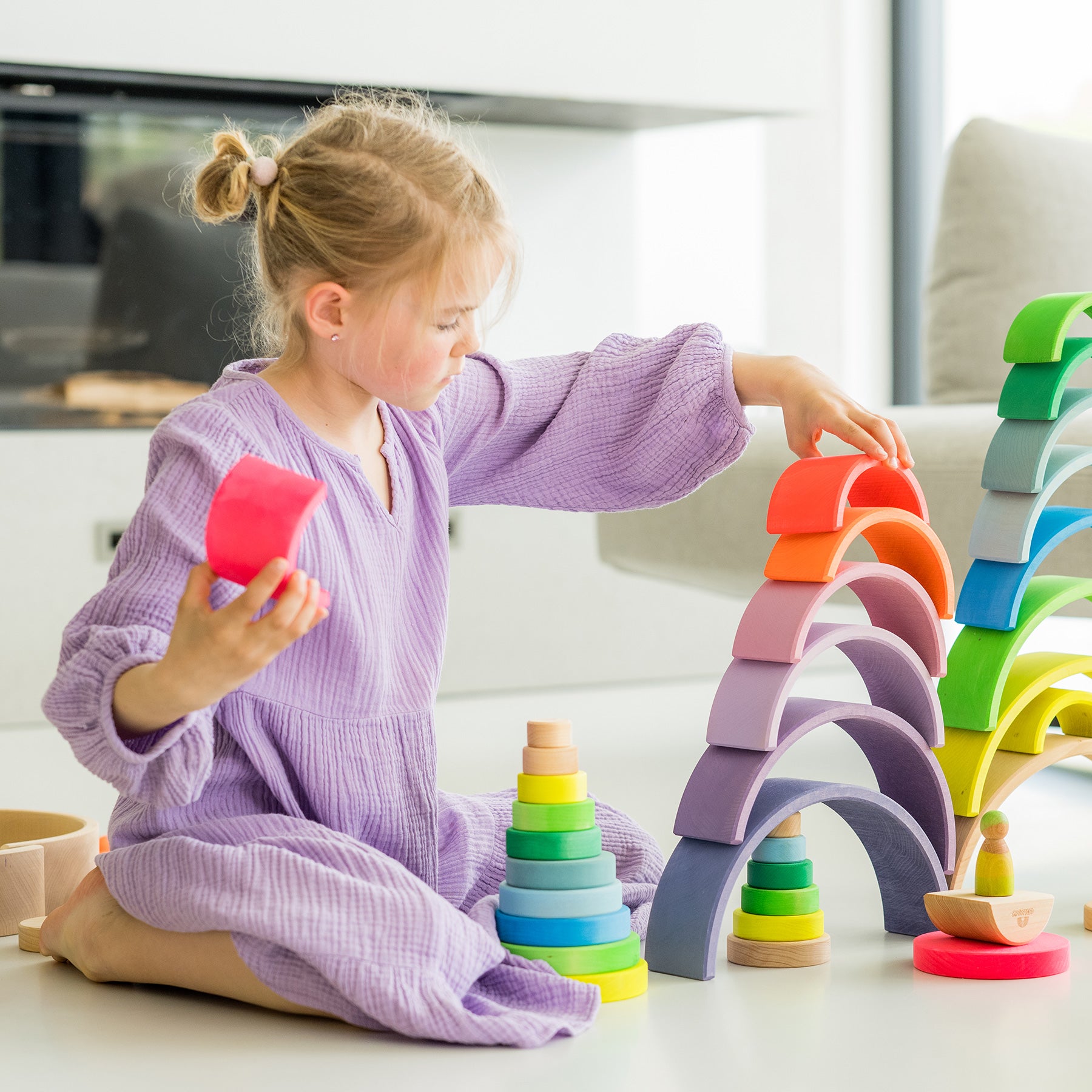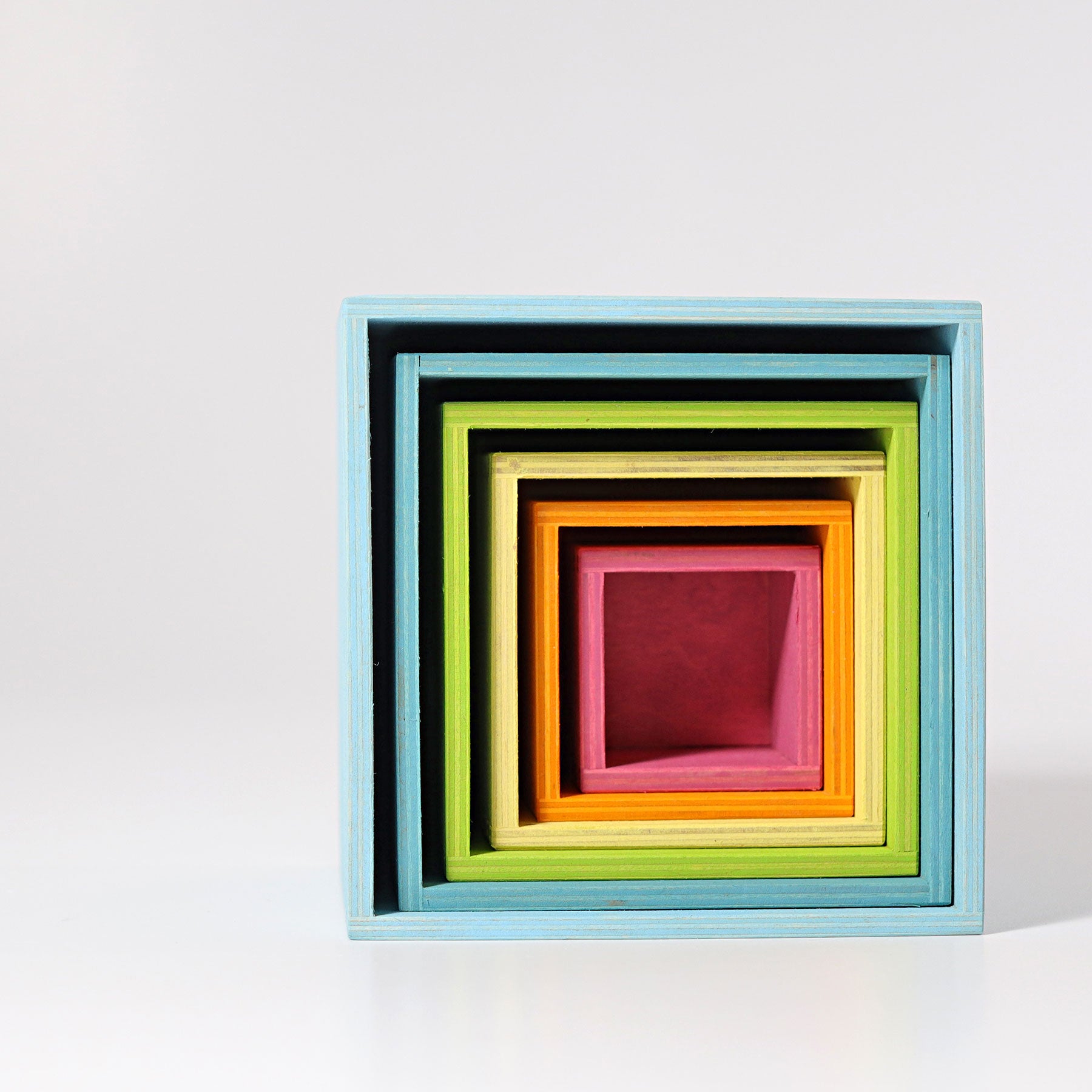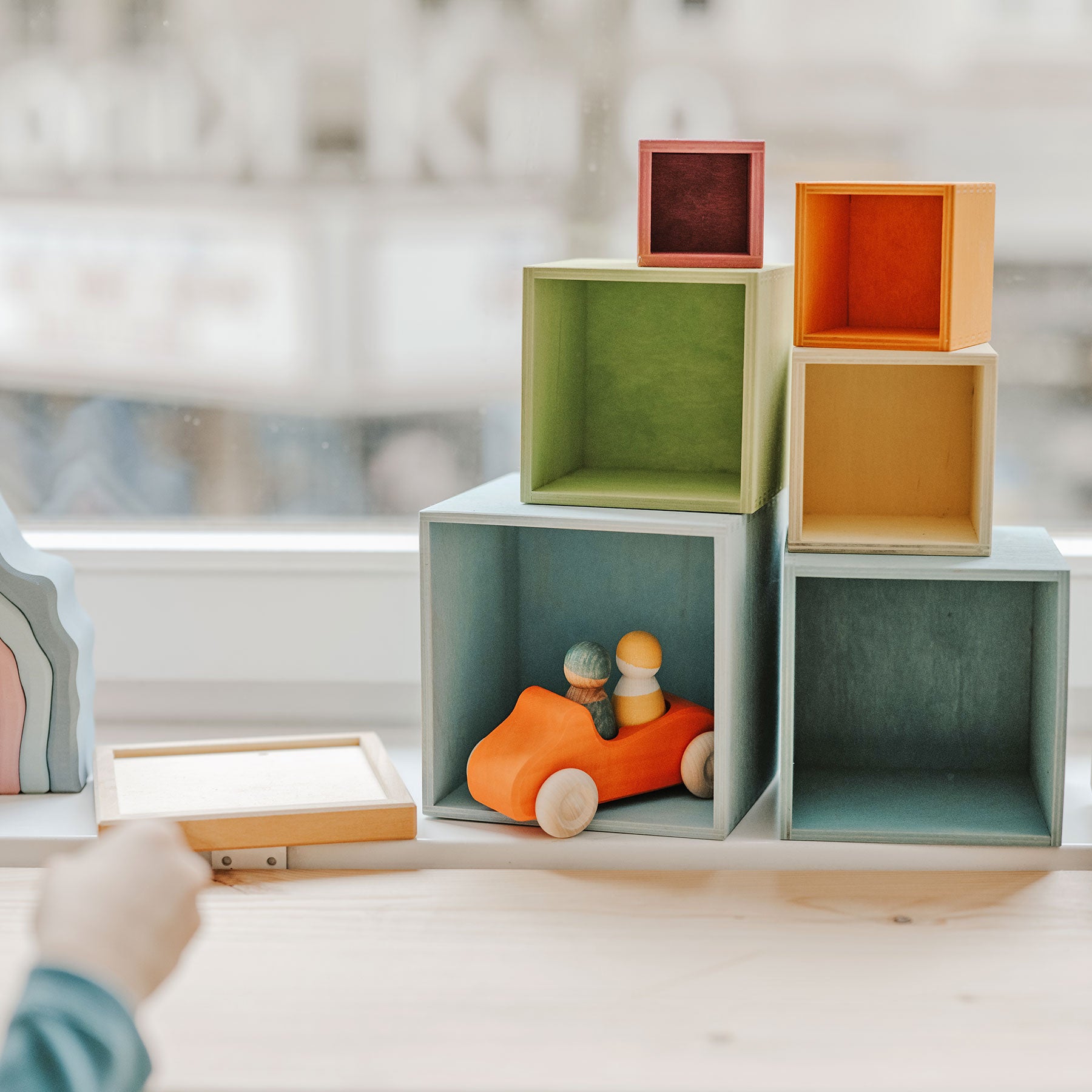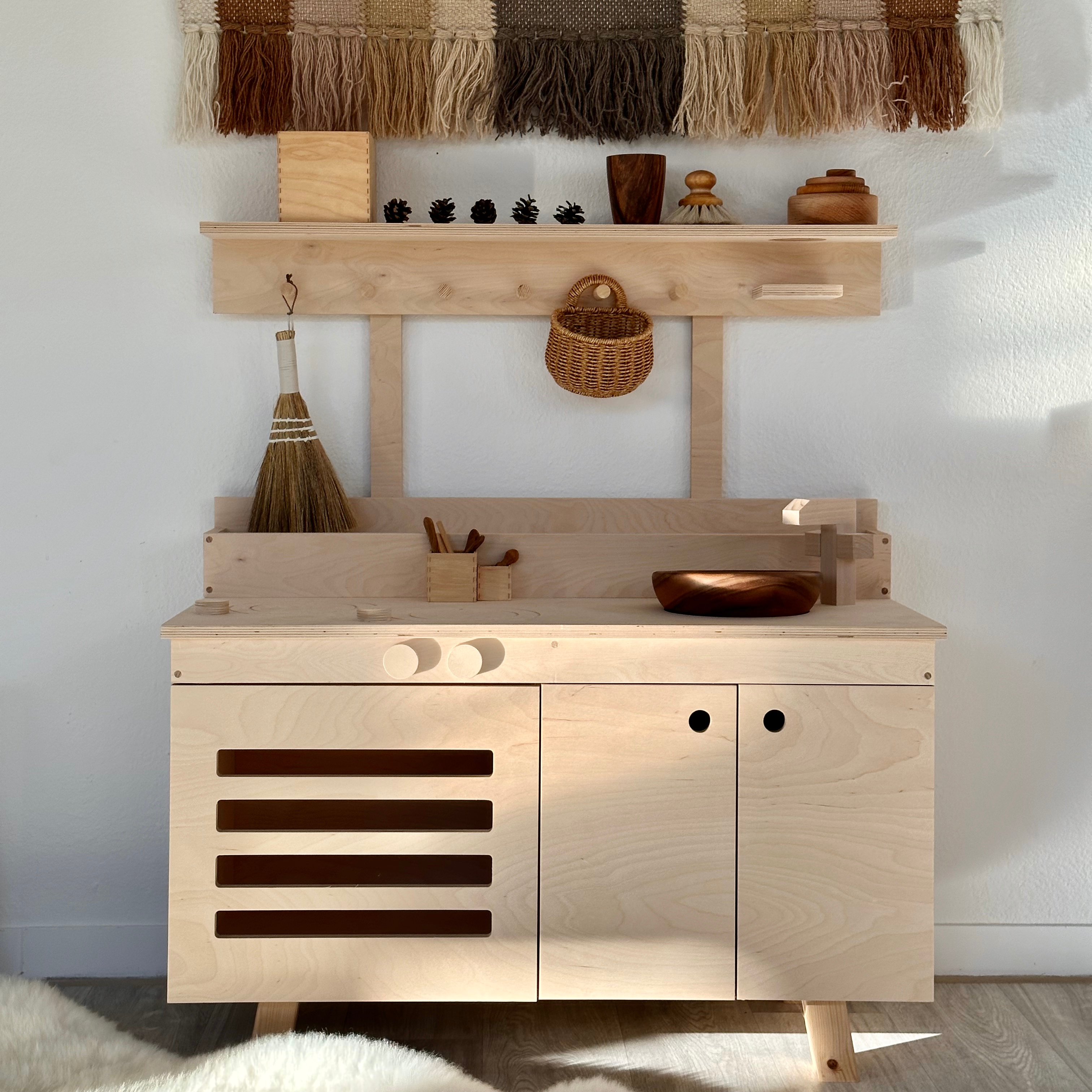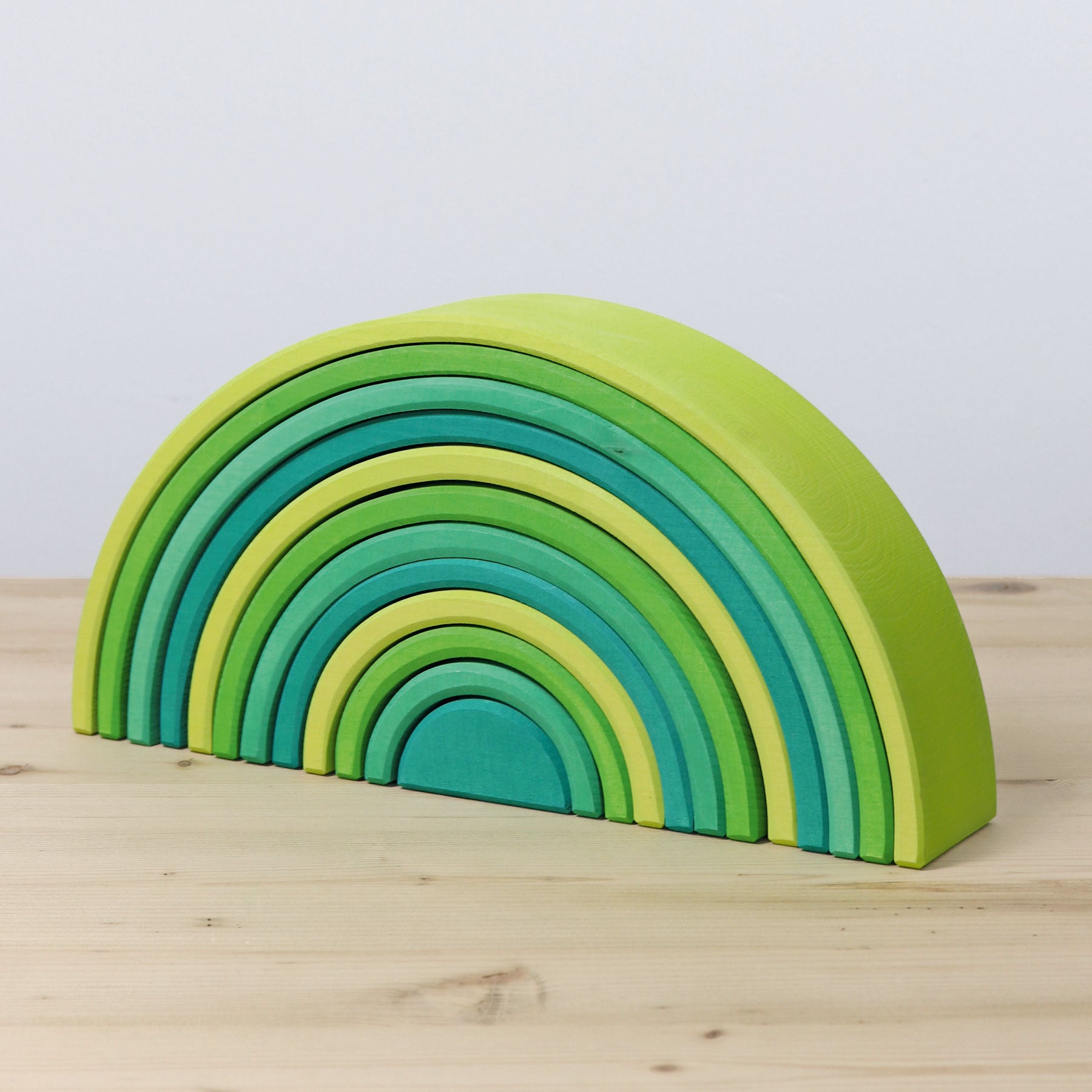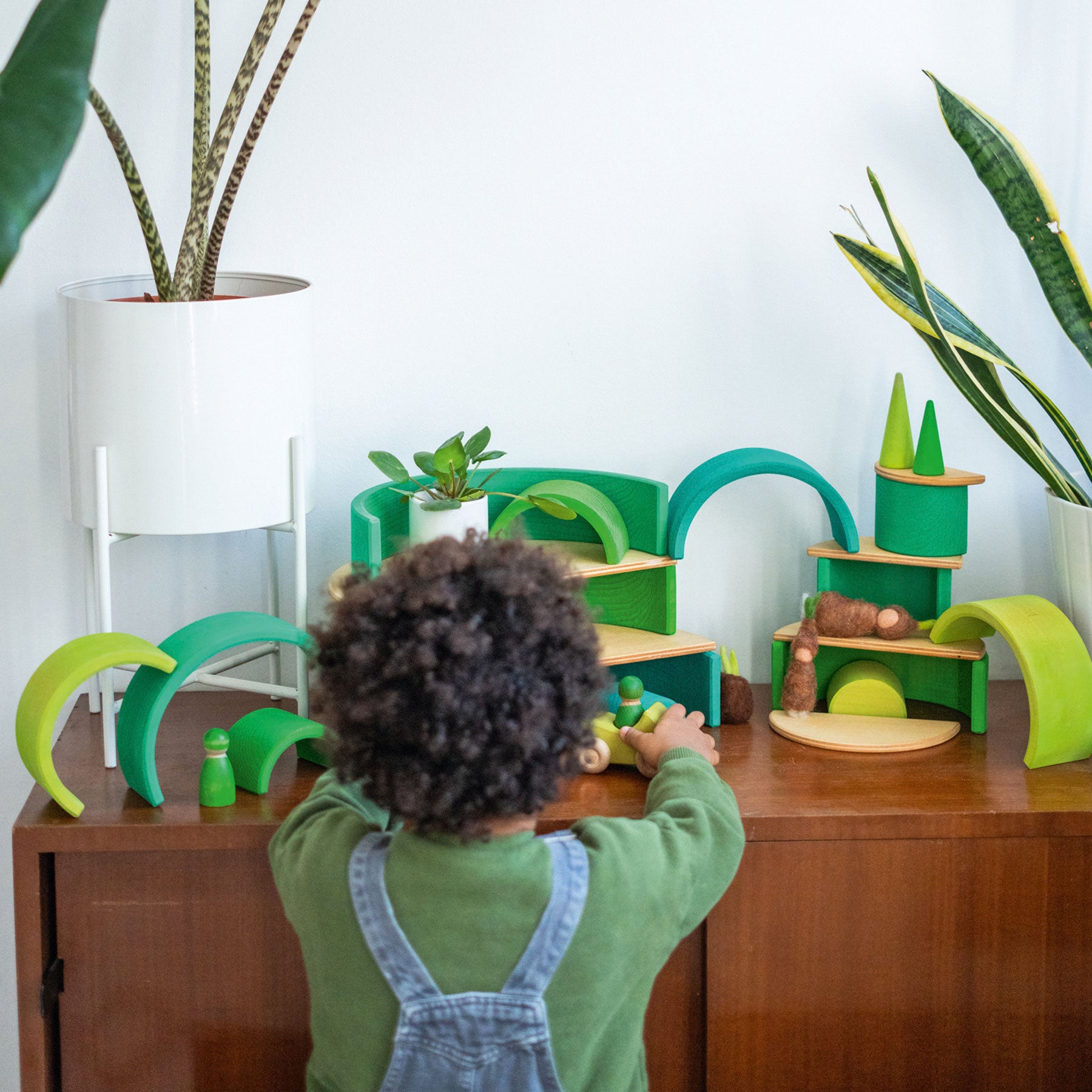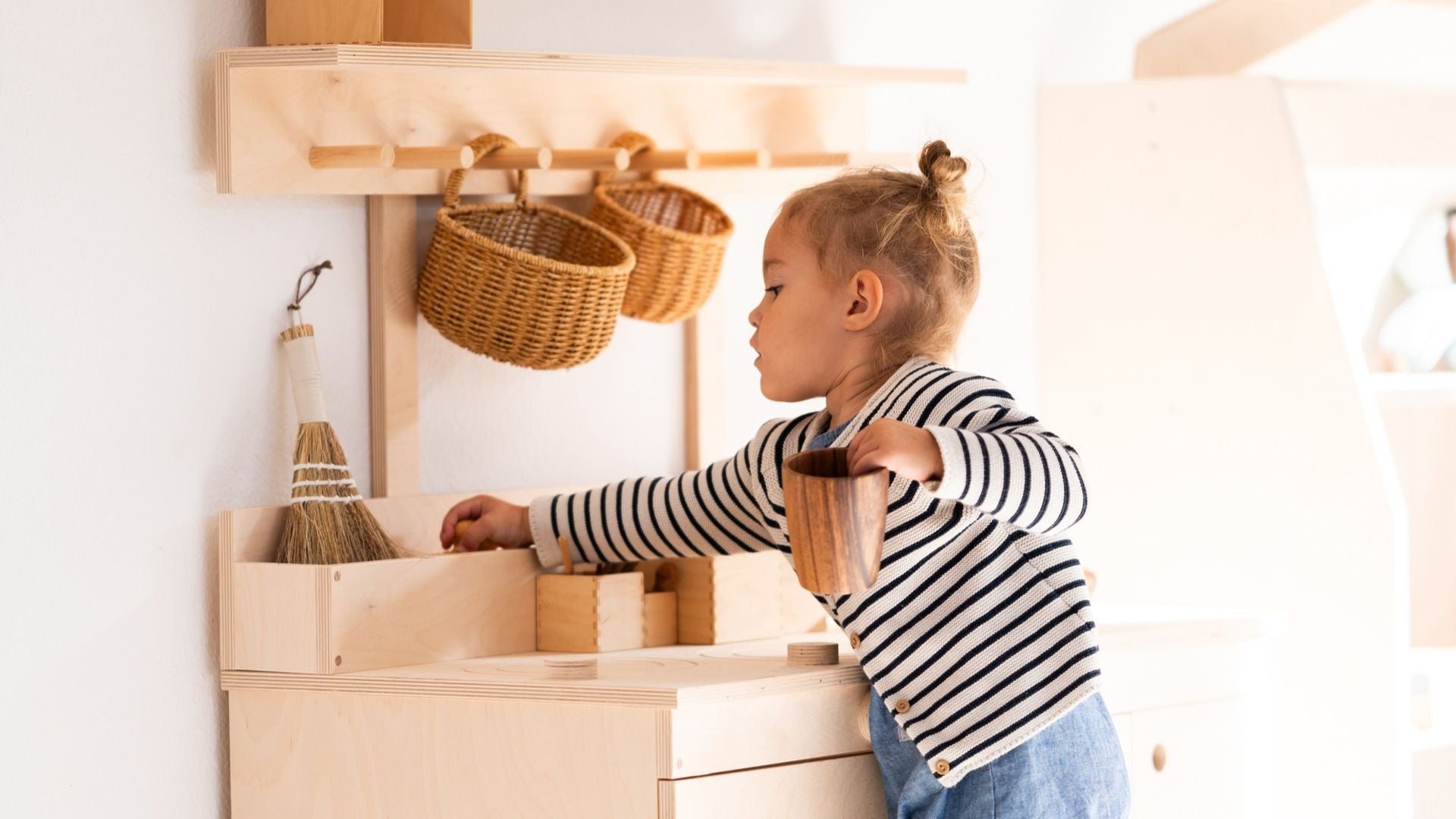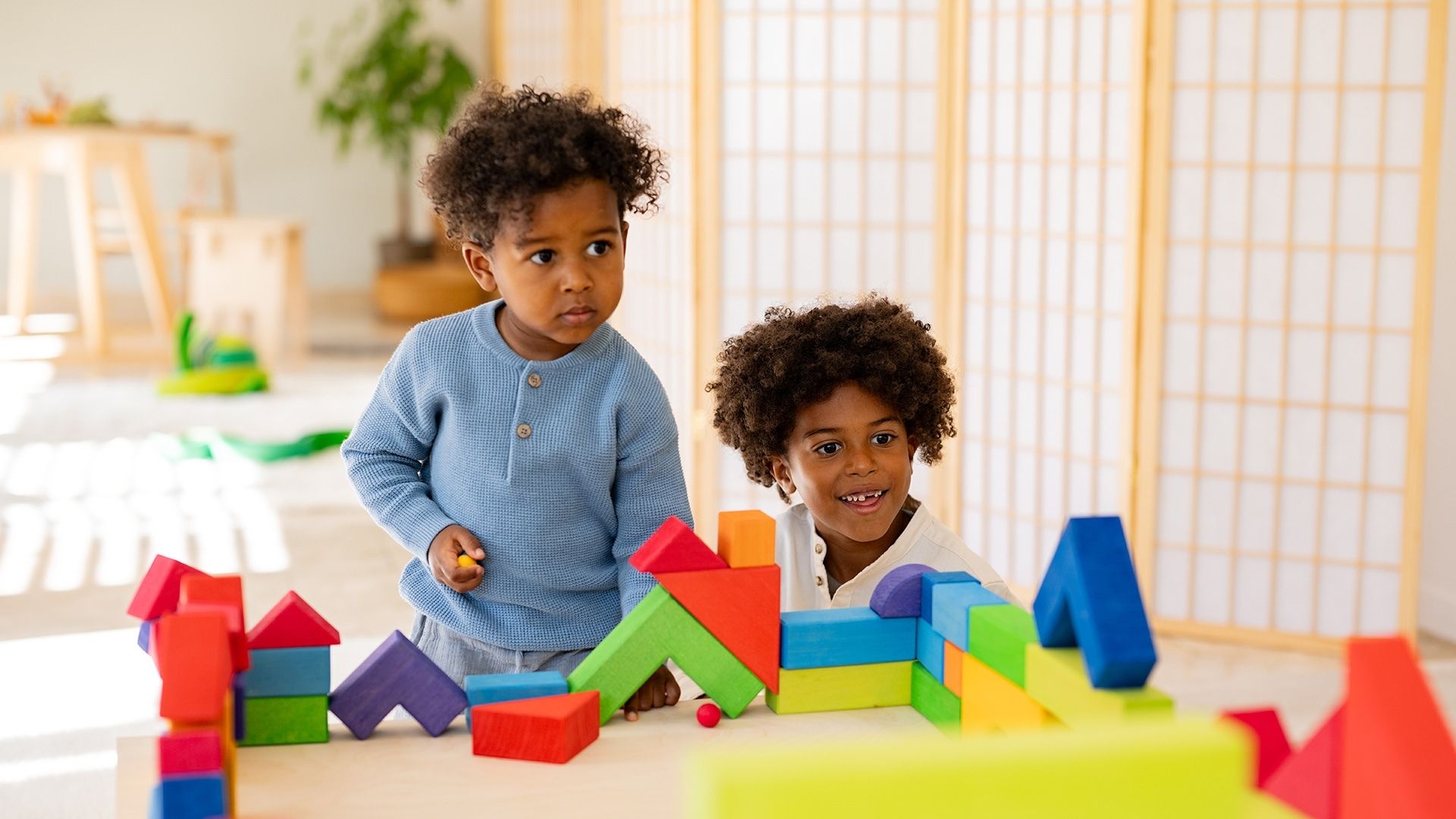A text by Marie (GRIMM'S)
The topic of sustainability is quite big and can quickly become intimidating. That's why it often fades into the background in the hustle and bustle of everyday life. It simply sounds like a lot of extra effort and a huge responsibility. You might almost think that the little bit you do alone at home doesn't achieve anything. But that's exactly where a spiral of thoughts begins that quickly drives you to despair but does absolutely nothing for the environment. Sure, it's a big topic and that can be daunting, but if every single person understands what they can achieve, it can be quite motivating. Because every step, no matter how small, has great value and counts! It's – as is so often the case – a matter of mindset, but you can work on that ;)

1. Goodbye perfectionism
Who hasn't put off a task because it seemed too big and impossible?! Firstly, as soon as you start, you realize that the fear of not doing it well enough is much greater than the task itself. And secondly, that it simply doesn't have to be perfect; it's better to do it imperfectly than not at all. So, when it comes to sustainability, perfectionism actually holds you back rather than helps you move forward.
2. Not a to-do , but a way of life
Parents' to-do lists are often long and seem to only get longer, never shorter. Sustainable action, however, isn't one of those to-dos, and therefore won't complicate your family life; in fact, it can actually help make it simpler and more structured. To waste less food with children, for example, it's very helpful for children to put the amount of food on their plates that they can actually eat, leaving nothing left over. In doing so, they also learn a lot about themselves and about taking responsibility for themselves.

3. Everything comes back to you: Nature as a source of strength
When we engage with sustainability, we do so for ourselves and our environment. After all, to live a good life, we need nature in balance, one that is not just exploited recklessly, but used consciously and valued. The motto is give and give: Nature gives and we give to nature, otherwise it doesn't work. Being aware of our own origins in nature is a good start, and consciously connecting with nature again and again can literally ground us as humans. Playing in and with nature is also an incredibly valuable experience for children. We can use natural materials wonderfully for games and crafts, collect and paint stones and sticks, create giant mandalas from leaves and flowers, or equip children's kitchens with walnuts or cones.
4. Living sustainably is not synonymous with renunciation
Sustainability has been a major topic in the world for several years. The idea and the necessity of it are not new, but the awareness that has taken hold in society is. The topic is difficult for many and is equated with a raised finger, admonishing us to do without more. But living sustainably is of course not about doing without; it is much more about creating an awareness of what we have and how we use it. Once you have achieved this awareness, doing without is usually not even necessary because intuition then helps you decide which habits you want to maintain and how, and which you would like to rethink in order to find more suitable ways for yourself. Many objects, for example, can be repaired instead of thrown away. Toy materials can be passed on or swapped, and packaging materials, if they cannot be done without, can simply be upcycled and used for crafts, for example. This not only promotes creativity but can also be really fun.

5. Teamwork makes the dream work : Together we are strong
None of us will save the world alone, but together, and with our children, we are incredibly strong. Let's view this as a joint project. Our children and their future are not only the best motivation to think about our environment, they are also incredibly easy to inspire to participate. Become a team and walk the path together; it will bond us together and help everyone.
In summary, this means we should simply start with what is most feasible for us and best fits our own lives. We shouldn't aim to apply this to all areas of our lives right away, but rather recognize even small steps. It's best to completely eliminate mutual criticism for imperfect actions, as it only demotivates. When it comes to children, it's a fantastic way to model our own imperfect, but genuinely committed, sustainable actions for them.

